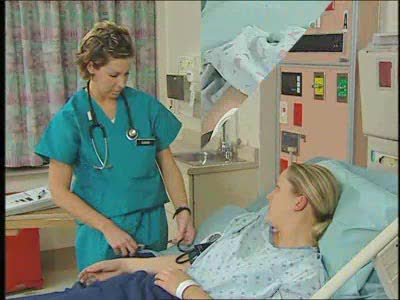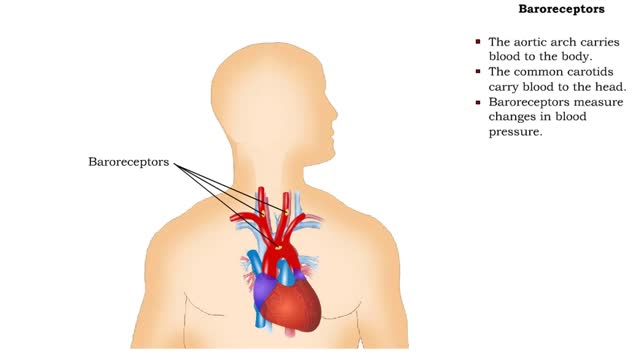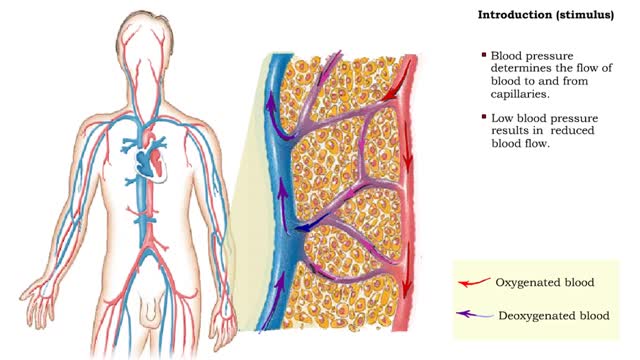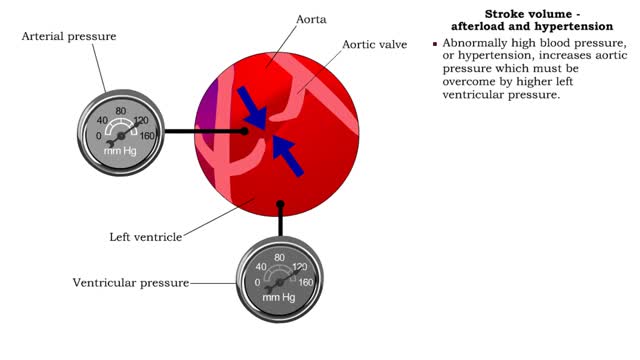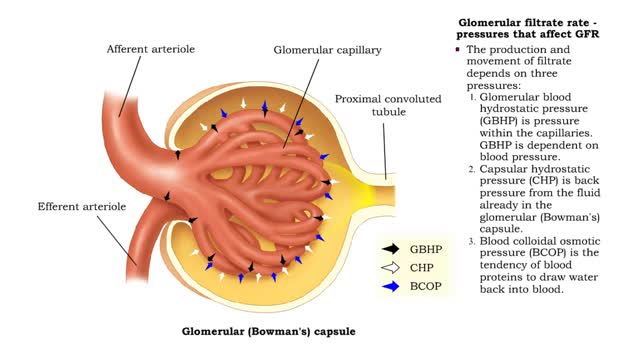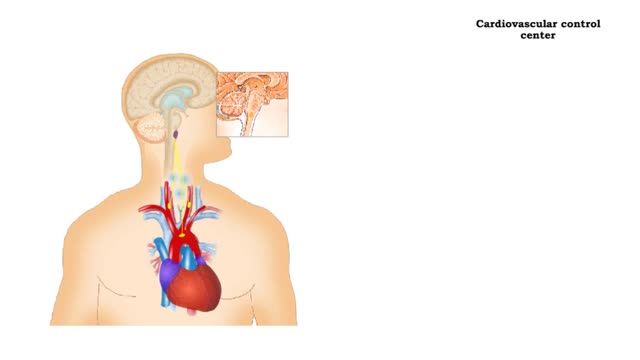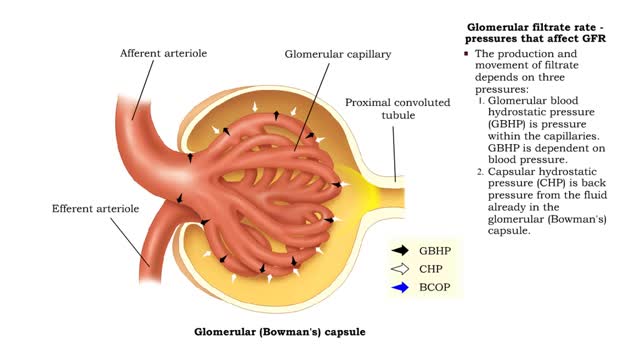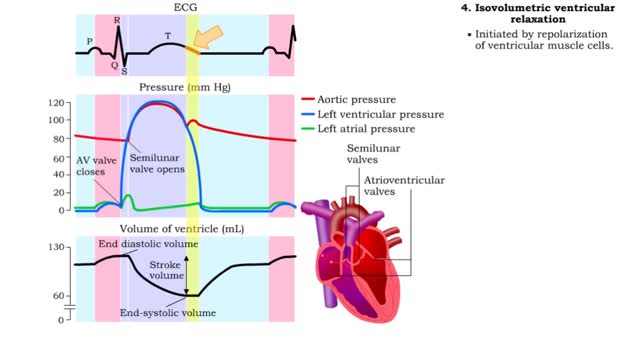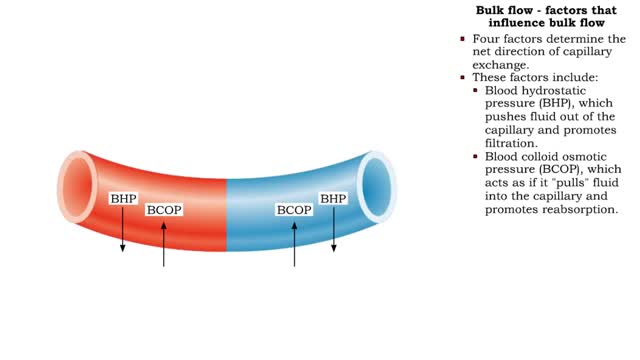Search Results
Results for: 'blood pressure'
By: Administrator, Views: 13931
How nurses check a patient's blood pressure. Blood Pressure The pressure exerted by the blood on the walls of the arteries. Higher (systolic) number: the pressure while the heart contracts. Lower (diastolic) number: the pressure when the heart relaxes between beats. Measured by a sphygmoma...
By: HWC, Views: 10609
A baroreceptor is a specialized nerve ending that allows your brain to sense blood flow and blood pressure in the major blood vessels of your circulatory system. • The aortic arch carries blood to the body. • The common carotids carry blood to the head. • Baroreceptors measure chang...
By: HWC, Views: 10564
• Blood pressure determines the flow of blood to and from capillaries. • Low blood pressure results in reduced blood flow. • High blood pressure can cause blood vessels to break. In humans, sensitivity is due to portions of the nervous system called receptors. Receptors are typicall...
Stroke volume - afterload definition & hypertension
By: HWC, Views: 10283
• Pressure (or other resisting force) that ventricles must overcome to push open semilunar valves and eject blood. ▪ Normally, the left ventricle blood pressure must overcome arterial pressure in the aorta. ▪ Abnormally high blood pressure, or hypertension, increases aortic pressure w...
Glomerular filtrate rate: pressures that affect GFR, NFP & GFR and blood composition
By: HWC, Views: 11390
• The glomerular filtration rate is the amount of filtrate formed per minute within the renal corpuscle. • Once the filtrate is formed it moves down the tubule. • The production and movement of filtrate depends on three pressures: I. Glomerular blood hydrostatic pressure (GBHP) is ...
Negative Feedback Regulation of Blood Pressure
By: HWC, Views: 10854
stimulus • Blood pressure determines the flow of blood to and from capillaries. • Low blood pressure results in reduced blood flow. • High blood pressure can cause blood vessels to break. Baroreceptors • The aortic arch carries blood to the body. • The common carotids ca...
Glomerubular filtrate rate -pressures that affect GFR and net filtration pressure
By: HWC, Views: 11304
• The glomerular filtration rate is the amount of filtrate formed per minute within the renal corpuscle. • Once the filtrate is formed it moves down the tubule. • The production and movement of filtrate depends on three pressures: I. Glomerular blood hydrostatic pressure (GBHP) is pre...
Isovolumetric VC, Ventricular ejection, Isovolumetric & Passive ventricular filling
By: HWC, Views: 10793
• Isovolumetric means that blood volume does not change. • Ventricular blood volume and cell length remain constant. • With valves closed and contraction continuing, ventricular pressure continues to rise. • Ventricular pressure rises above arterial pressure. • Increased ventr...
Bulk flow - factors that influence bulk flow
By: HWC, Views: 10473
• Bulk flow helps regulate the relative volumes of blood and interstitial fluid. • Flow from blood to interstitium is called filtration. • Flow from interstitium to blood is called reabsorption. • Four factors determine the net direction of capillary exchange. • These factors in...
Advertisement



